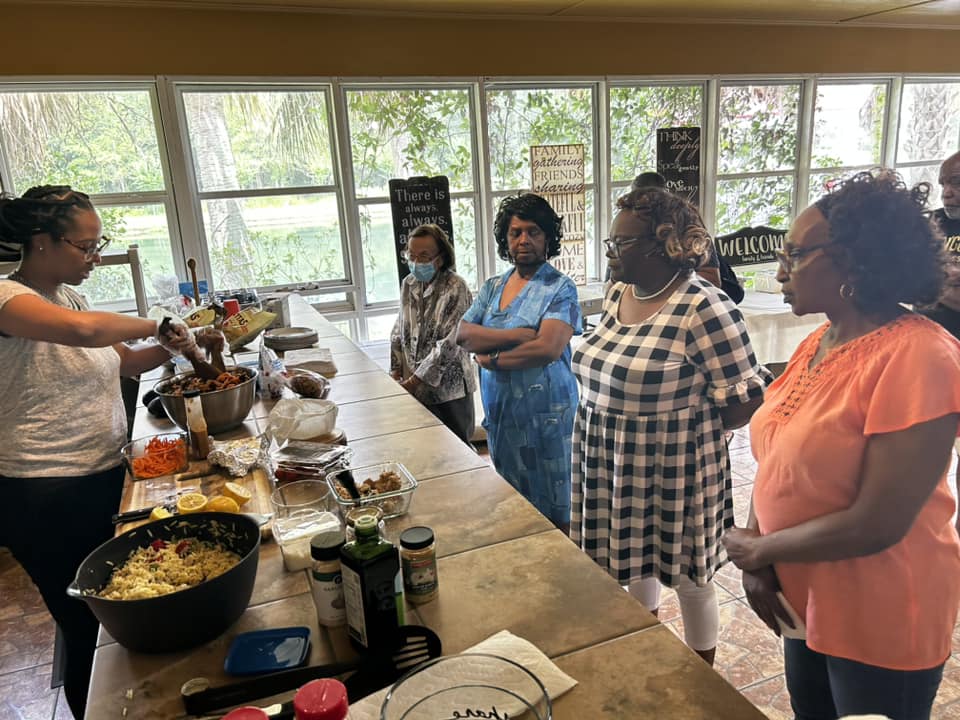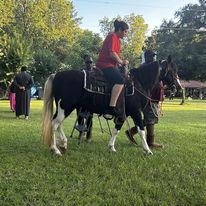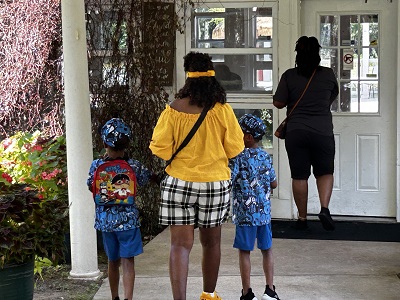Raising a child with special needs is a journey filled with unique challenges and joys. As parents navigate this path, building a reliable and inclusive support system is essential for the overall wellness of the child and the caregivers. A well-rounded network promotes healthy parenting, caregiver wellness, and the growth of resilient, happy children. Your local community often holds the key to a wealth of resources designed to meet these needs.
Why Support Systems Matter
Parenting children with special needs requires extra time, emotional resilience, and access to tailored resources. Studies have shown that strong support systems improve mental health and reduce stress among caregivers. According to the National Alliance for Caregiving, over 40% of caregivers experience high-stress levels, often impacting their physical and emotional health. Having a network of support helps alleviate this burden, enabling parents to be more present and effective for their children.
Equally important is the impact on the child. Children benefit greatly from parents who feel supported and confident, and they thrive when their families can access specialized services, adaptive activities, and peer connections.
Free and Local Resources for Support
Community Centers
Local community centers often serve as hubs for family activities, workshops, and support groups. Many offer adaptive sports leagues, sensory-friendly events, and inclusive play spaces for children with special needs. For parents, these centers often host educational seminars, mental health resources, and connections to local service providers. Your local community center provides information on their websites or social media pages that list events, classes, and activities for families and individuals.
Parenting Groups
Parenting groups tailored to families of children with special needs can provide a judgment-free zone for sharing experiences, challenges, and successes. These groups, often found through community bulletin boards, libraries, or online platforms like Meetup, foster connections with others who truly understand the unique demands of special needs parenting.
Health and Wellness Programs
Many communities provide free or low-cost activities centered on health and wellness. From yoga sessions for stress relief to art therapy classes for children, these programs address the physical and emotional needs of both the child and caregiver. Wellness programs specifically designed for families with special needs may include adaptive exercise classes or mindfulness workshops.
Local foster parents attend a free healthy eating demonstration geared to help combat eczema and other skin issues. This valuable information makes parenting less stressful for children on certain medications. Demo by Chef Alicia Miller.
Sports, Arts, and Educational Resources
Sports leagues for children with disabilities, such as Special Olympics or community-based adaptive programs, allow children to build confidence, physical fitness, and social skills. Similarly, arts programs like inclusive music classes or sensory-friendly theater productions provide creative outlets.
Local libraries often offer educational resources, such as storytime tailored for children with autism or learning disabilities, and may even provide access to free developmental tools like speech therapy kits.
Healthy Caregivers = Healthy Families
To effectively support your child, prioritizing your well-being is critical. Here are some tips:
- Take Time for Self-Care: Enroll in caregiver support programs or pursue hobbies you enjoy.
- Stay Active: Join a parent-and-child adaptive fitness class to stay healthy while bonding with your child.
- Seek Professional Help: Many communities offer free or low-cost counseling for parents of children with special needs.
Success Stories from Local Communities
The Williams Family Farm provides therapeutic horseback riding services to guests at The Grandma Home House Retreat.
In Baldwin County, Alabama, Whaley Ranch offers therapeutic horseback riding experiences for children with disabilities including autism. Horseback riding is an excellent form of therapy for children who live with anxiety, and depression, and who need social development skills. At The Grandma Home House Retreat in Pike Road, Alabama, our community partners, The Williams Family Farm, provide a hands-on horseback riding experience for youth in foster care and foster families. The equine therapy experience is a great community resource for health and wellness.
In Springfield, Illinois, the local community center launched a sensory-friendly arts program that has become a lifeline for many families. “We found a space where my son could express himself without judgment,” one parent shared. “And I found a group of parents who truly get it.”
Meanwhile, in Miami, Florida, parents have rallied around an inclusive soccer league for children with disabilities, which not only fosters skill-building for the kids but also acts as a support network for their caregivers.
Additional Resources for Parents
- The Arc: Offers support and advocacy for individuals with developmental disabilities and their families.
- Parent to Parent USA: Connects parents of children with special needs with trained parent mentors.
- Local School Districts: Often provide special education resources, advocacy training, and workshops for parents.
Conclusion
Raising a child with special needs is an extraordinary experience that no parent should face alone. By tapping into local community resources and building a support system, families can thrive together. Through sports, arts, and wellness programs, your community can be a powerful partner in ensuring healthy, happy outcomes for your family. Remember, healthy parenting starts with you—reach out, connect, and grow within your community.
Therapeutic Foster Mom who is raising two sons with special needs. As a recent widow, she has expanded her support group to include her older biological children, community members, and other foster parents. She is one of the most successful foster and adoptive moms in her area because of the unique way she uses her community resources.
If you have specific needs or are unsure where to start, visit your local community center or public library to learn about the opportunities available to you. Together, we can build a more inclusive world for every child.




